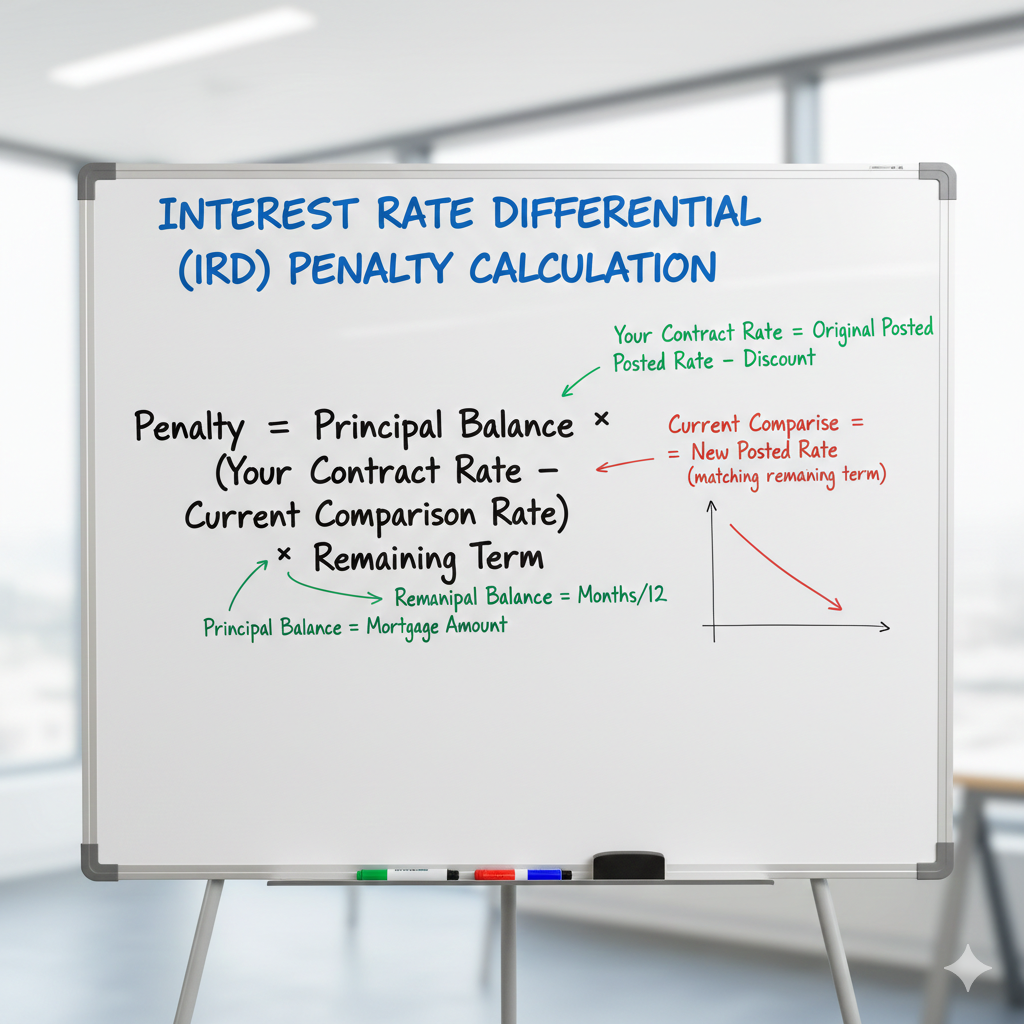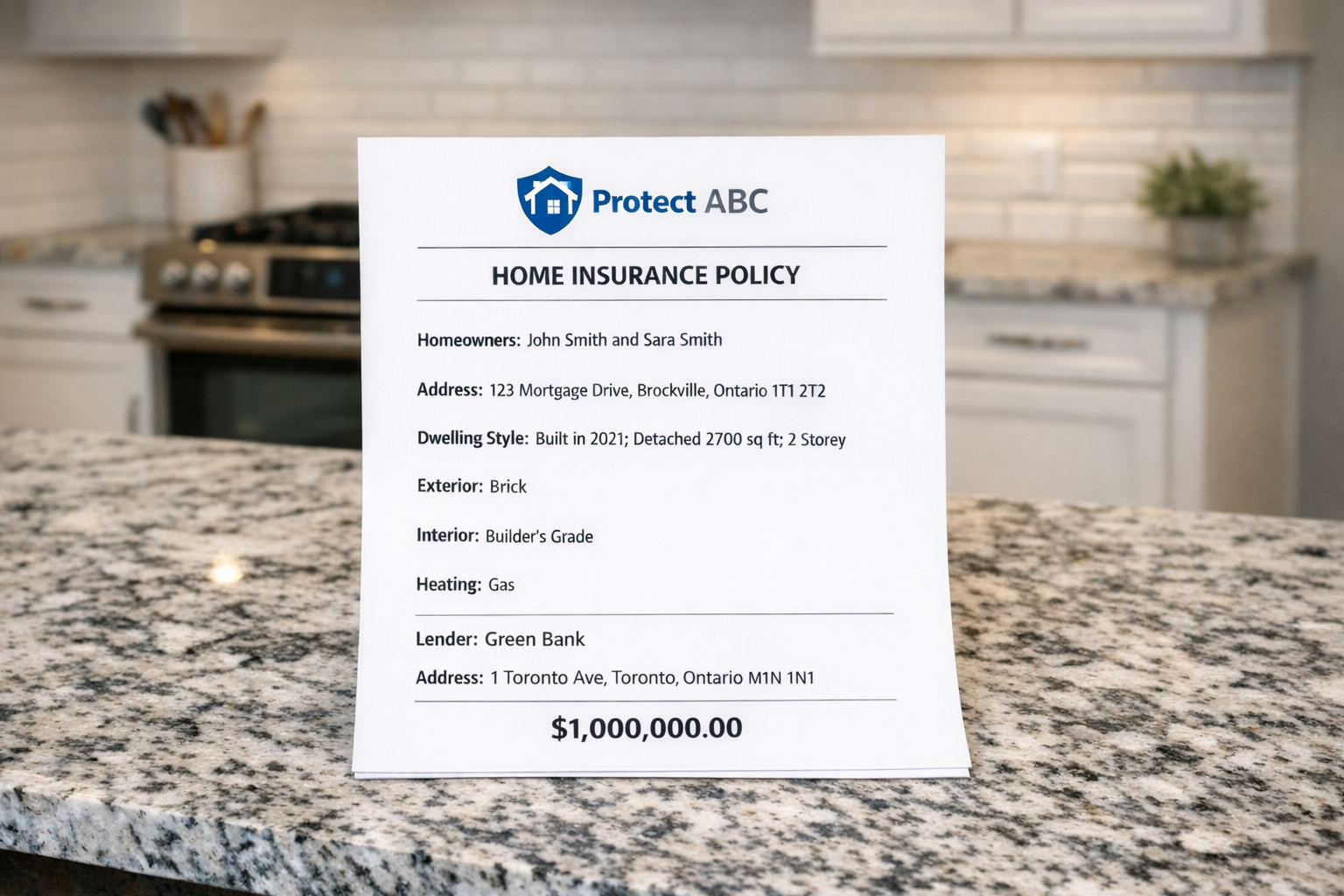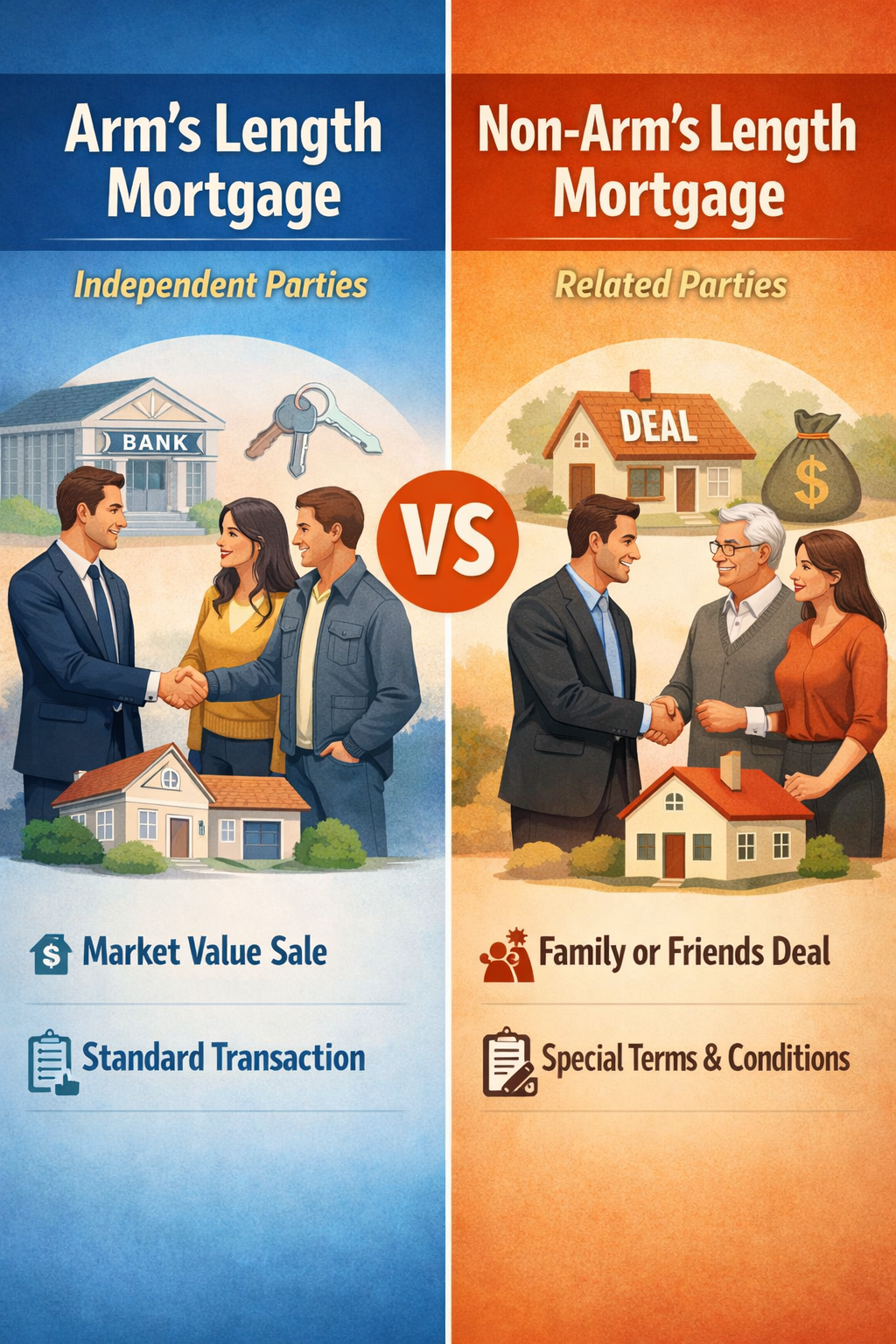When you’re drowning in debt and struggling to pay your mortgage, emergency debt consolidation loans can feel like a lifeline. With inflation and the rising cost of living in 2025, more Canadian homeowners are turning to their home equity to consolidate high-interest debts.
But is using your home equity too risky? The truth is, when managed properly, the benefits of home equity debt consolidation far outweigh the risks. Below, we’ll break down your options, compare solutions, and highlight the top benefits of consolidating debt with home equity.
Emergency Debt Consolidation Loans can simplify your financial situation significantly.
Table of Contents
ToggleYour Options When Using Equity to Consolidate Debt
There are two main ways to use your home equity for debt consolidation:
-
Home Equity Loan – A lump-sum “second mortgage” with fixed payments over a set term.
-
Home Equity Line of Credit (HELOC) – A revolving line of credit secured against your home, similar to a credit card but with lower rates.
Both allow you to replace high-interest debts (credit cards, payday loans, personal loans) with one manageable payment.
Applying for Emergency Debt Consolidation Loans can be a smart move for managing your overall debt.
What is Home Equity?
Equity is the difference between your home’s current appraised value and the balance left on your mortgage. For example, if your home is worth $600,000 and you owe $350,000, your equity is $250,000.
Lenders typically allow homeowners to borrow up to 80% of their home’s value (less the mortgage balance).
Comparison: Debt Consolidation Options for Homeowners
Emergency Debt Consolidation Loans can help streamline your financial obligations.
| Option | How It Works | Typical Interest Rates | Pros | Cons |
|---|---|---|---|---|
| Debt Consolidation Loan | Personal loan (unsecured or lightly secured) used to pay off multiple debts | 8–25% | Simplifies payments, fixed term | Higher rates, harder to qualify with bad credit |
| HELOC | Revolving credit line secured by your home | 6–9% (variable) | Flexible access to funds, only pay interest on what you use | Variable rates, requires discipline |
| Second Mortgage (Home Equity Loan) | Lump-sum loan secured by your home | 7–12% (fixed) | Predictable payments, good for large one-time payoffs | Closing costs, shorter repayment period |
7 Benefits of Emergency Debt Consolidation Loans
Consider the benefits of Emergency Debt Consolidation Loans for your financial health.
1. One Simple Monthly Payment
Eliminate the stress of juggling multiple bills. One payment means less confusion and fewer chances to miss due dates.
2. Reduced Risk of Late Fees
With fewer accounts to track, you’re far less likely to incur costly late fees.
3. Improve Your Credit Score
Paying off overdue credit cards and loans lowers your utilization ratio and improves payment history — two key credit score factors.
4. Escape High Interest Rates
Credit cards often charge 19%–29%. By switching to a home equity loan or HELOC, you could cut interest costs by more than half.
Switching to Emergency Debt Consolidation Loans can significantly lower your interest costs.
5. Better Than Other Debt Solutions
Compared to unsecured consolidation loans or debt management programs, home equity options almost always offer lower interest rates.
6. Potential Tax Advantages
In some cases, interest on a HELOC or home equity loan may be tax-deductible in Canada (check with a tax professional for eligibility).
7. Lower Monthly Payments
Thanks to lower interest and longer repayment terms, your monthly cash flow improves — giving you breathing room in a tight economy.
Where Homeowners Go For Debt Consolidation
When exploring emergency debt consolidation loans, Canadian homeowners have several possible routes. Each option comes with its own pros and cons:
Mortgage Brokers
Mortgage brokers can source solutions from multiple lenders — including banks, credit unions, trust companies, B-lenders, and private lenders. This makes them a strong choice for homeowners with bruised credit or high debt loads.
Banks
Banks are often the first stop. While they may offer competitive rates, approval is heavily credit- and income-based. Homeowners with bad credit are often turned down.
Credit Unions
Credit unions may take a more personalized approach than big banks and can sometimes be more flexible. Still, their lending rules and credit requirements are often similar to banks.
Debt Counsellors
Non-profit or private debt counselling agencies can help negotiate lower interest rates or structured repayment plans with creditors. However, these programs don’t eliminate debt — they simply make repayment more manageable.
Trustees
Licensed Insolvency Trustees (LITs) can file a consumer proposal or manage bankruptcy proceedings. This is usually considered a last resort since it impacts your credit for years, but it can provide legal protection from creditors.
Unsecured Loan Lenders
Some lenders offer unsecured consolidation loans without using your home as collateral. These are often easier to obtain but come with very high interest rates and large monthly payments, making them less sustainable in the long run.
Comparison Table: Debt Consolidation Options for Homeowners
| Option | Typical Approval Requirements | Interest Rates | Pros | Cons |
|---|---|---|---|---|
| Mortgage Broker | Equity, income, property value | 6%–12% (secured) | Access to multiple lenders, flexible options | Lending fees may apply |
| Bank | Strong credit (680+), stable income | 5%–8% | Competitive rates | High decline rates with bad credit |
| Credit Union | Membership, decent credit | 5%–9% | Personalized approach, slightly more flexible | Still strict on credit and income |
| Debt Counsellor | Proof of income to repay | N/A (negotiated with creditors) | Can reduce interest, simplify payments | Doesn’t reduce principal directly, affects credit |
| Trustee (LIT) | Severe financial hardship | N/A (legal process) | Legal protection, debt relief | Major impact on credit, last resort |
| Unsecured Loan Lender | Proof of income, any credit | 15%–30% | No home is required as collateral often | High rates, high payments, risk of default |
Disclaimer: Rates are subject to change without notice and are shown for example purposes only. Actual rates and terms depend on lender policies, borrower qualifications, and current market conditions.
Best Option for Most Homeowners
For many Canadian homeowners, working with a mortgage broker to access a home equity loan or HELOC offers the best balance of lower interest, flexible repayment, and higher approval chances—especially if your credit is less than perfect.
Key Takeaway
Emergency debt consolidation loans can help Canadian homeowners regain control of their finances. Whether you choose a HELOC or a home equity loan, using your home equity to consolidate high-interest debt means:
Many homeowners are turning to Emergency Debt Consolidation Loans for relief from high-interest debt.
✅ Lower interest rates
✅ Fewer payments to manage
✅ A path to improved credit
FAQs About Emergency Debt Consolidation Loans
FAQs about Emergency Debt Consolidation Loans are essential for understanding your options.
Q: Can I qualify with bad credit?
Yes. Even if your credit isn’t perfect, lenders focus on your home’s equity and repayment ability.
Q: Is a HELOC or second mortgage better for debt consolidation?
It depends on your needs. A HELOC offers flexibility, while a second mortgage gives you a lump sum with fixed payments.
Q: How much equity do I need to consolidate debt?
Most lenders require at least 20% equity, but private lenders may have flexible options.
Q: Will this affect my ability to refinance later?
Not necessarily — if managed responsibly, consolidating with equity can actually improve your refinancing options down the road.
Q: Where can I learn about other home equity solutions?
Check out our guide on Accessing Home Equity to Repay Judgments and Writs.
Ready to Take Control of Your Debt in 2025?
With inflation and the rising cost of living, having a clear financial plan in 2025 is more important than ever. High-interest debt can quickly drain your income and make affordability even harder — but you don’t have to face it alone.
Learn how Emergency Debt Consolidation Loans can influence your financial journey.
At LendToday, we help Canadian homeowners create a path forward with fast & reliable mortgage solutions. Whether you’re dealing with bad credit, mounting bills, or financial stress, we’ll work with you to build a plan that restores stability and frees up your cash flow.
With Emergency Debt Consolidation Loans, you can regain control over your financial future.
✅ Key Takeaway
In 2025, rising costs and inflation mean that having a financial plan isn’t optional — it’s essential. Using your home equity for debt consolidation can lower your monthly payments, cut high-interest debt, and give you the breathing room you need to stay ahead.
- 7 Vital Facts About Secured Line of Credit Monthly Payments: A Complete Guide - February 11, 2026
- 12 Powerful Wins and Warnings: Our 2025 Year in Review on Mortgages, and Money - December 31, 2025
- Mortgage Co-Signer vs Guarantor in Canada: Expert Playbook to a Smarter Approval in 2025 - September 24, 2025






